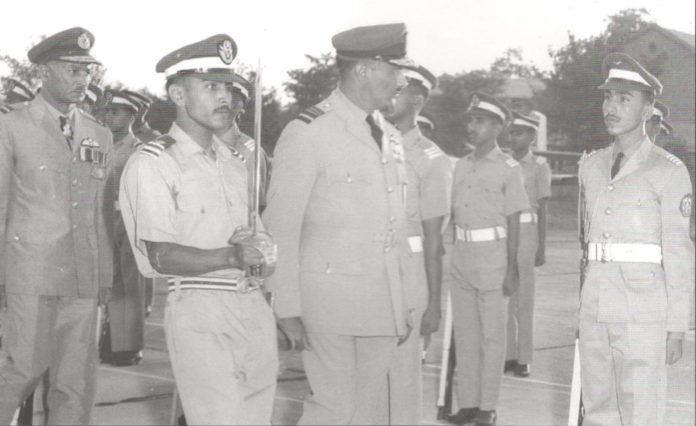Air Chief Marshal (Retd) Muhammad Asghar Khan, veteran politician and the country’s first air force chief, passed away after long illness at a military-run hospital early in the morning on Friday. He was 96 years old.
According to sources and family members, Asghar Khan was brought to Medical Intensive Care Unit (MICU) of the Combined Military Hospital (CMH) Rawalpindi on December 30, 2017 after his health deteriorated at home.
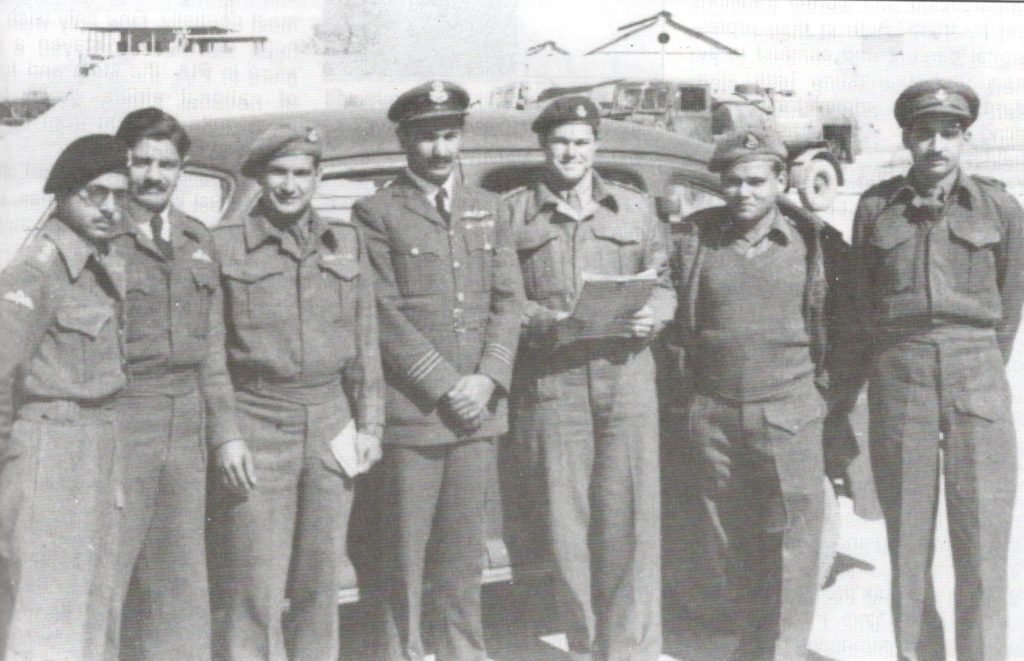
The doctors provided adequate medical treatment to Asghar Khan who was suffering from acute respiratory infection, dementia and ischemic heart disease. However, Asghar Khan could not survive and passed away at 6:10am. The body was moved to a mortuary and later shifted to his residence in the federal capital.
The deceased left behind wife Amna Asghar Khan and four siblings.
The news of the demise of Asghar Khan spread like wildfire after which a large number of dignitaries, political and government officials including Air Chief Marshal Suhail Aman and Senate Defence Committee Chairman Mushahid Hussain Syed rushed to his residence in Islamabad.
According to a family member, the funeral prayer of the former air chief will be held at 9:30am at Noor Khan Airbase, Chaklala on Saturday (today). Later, the body will be taken to his native town in Abbottabad for bur al in ancestral graveyard.
Asghar Khan was a veteran politician, aviation historian, peace activist, defence analyst and retired air force general who served as the first native Commander in Chief of the Pakistan Air Force (PAF) under President lskander Mirza (1956-59) and under President Ayub Khan until resigning in 1965. Prior to the start of the air operations of the PAF during the Indo-Pakistan War of 1965.
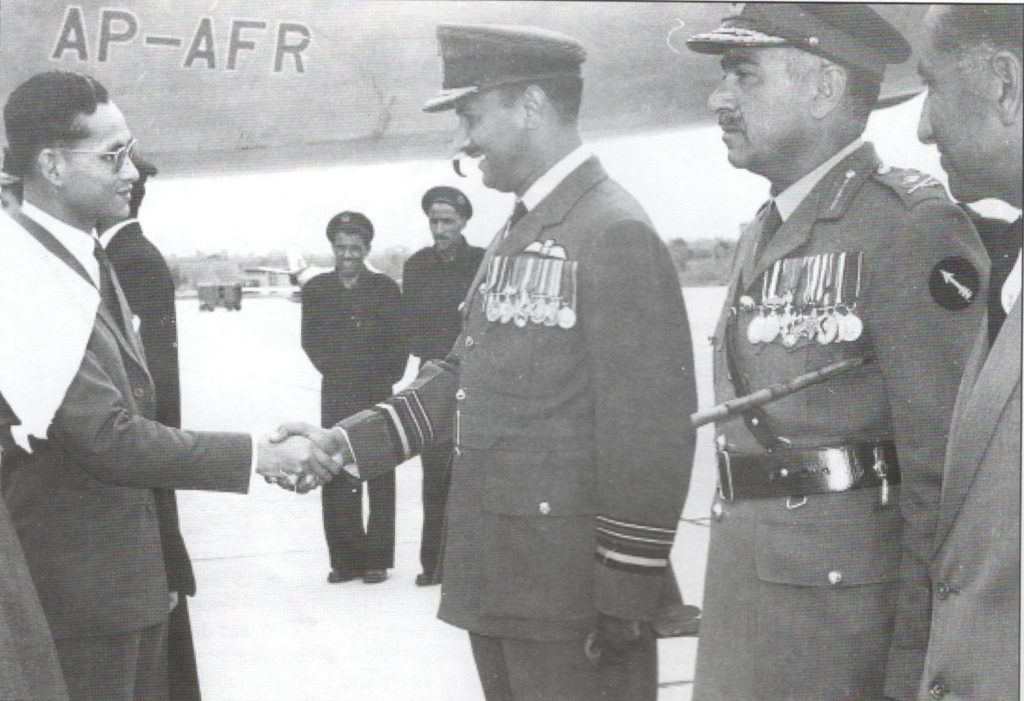
Initially, commissioned in the Indian Army, Asghar Khan was drafted into Indian Air Force in 940, seeing actions in Burma Campaign and was later sent to the United Kingdom where he graduated from the RAF Staff College at Bracknell, completing his collegiate Courses from Joint Service Defence College, and completed his post graduate studies from Imperial Defence College.
Upon return to the British Indian Empire, Asghar Khan resumed his active duty with the Royal Indian Air Force and opted for Pakistan following the independence in 1947, and settled in West Pakistan.
Asghar Khan became first commandant of the Pakistan Air Force Academy in 1947 and was also the first to head the Directorate General for Air Operations (DGAO) in 1950.
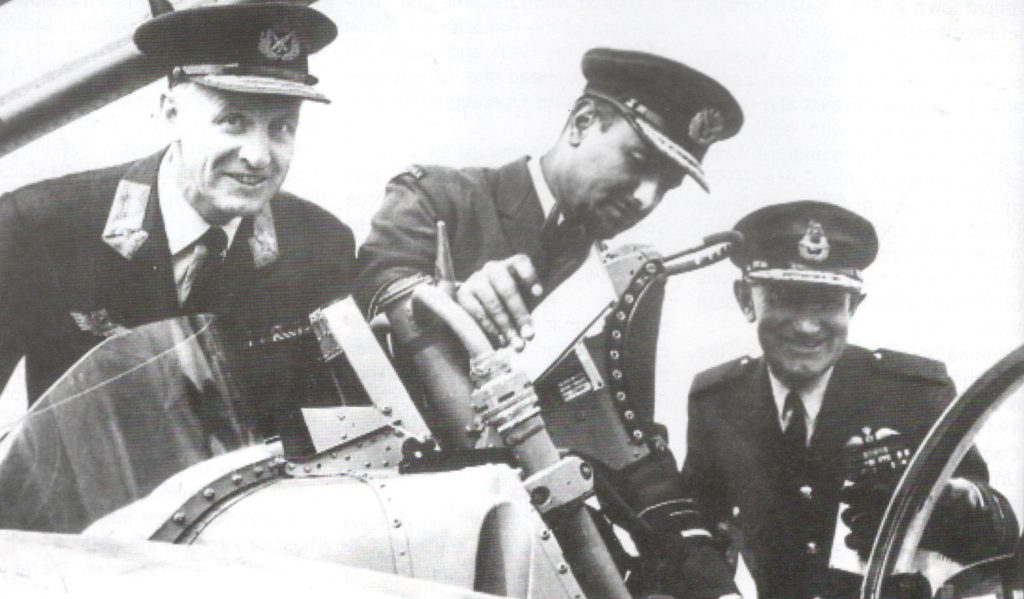
In 1957, Asghar Khan became the youngest to-date and the first native Air Force Commander-in-Chief of the PAF. His tenure as air commander saw the extensive modernisation of the PAF.
After retiring from air force, Asghar Khan became president of civilian national flag carrier, the Pakistan International Airlines (PIA), which he led until 1968.
In 1970, Asghar Khan founded the secular party, Tehrik-e-lstiqlal, but performed poorly in 1970 parliamentary elections.
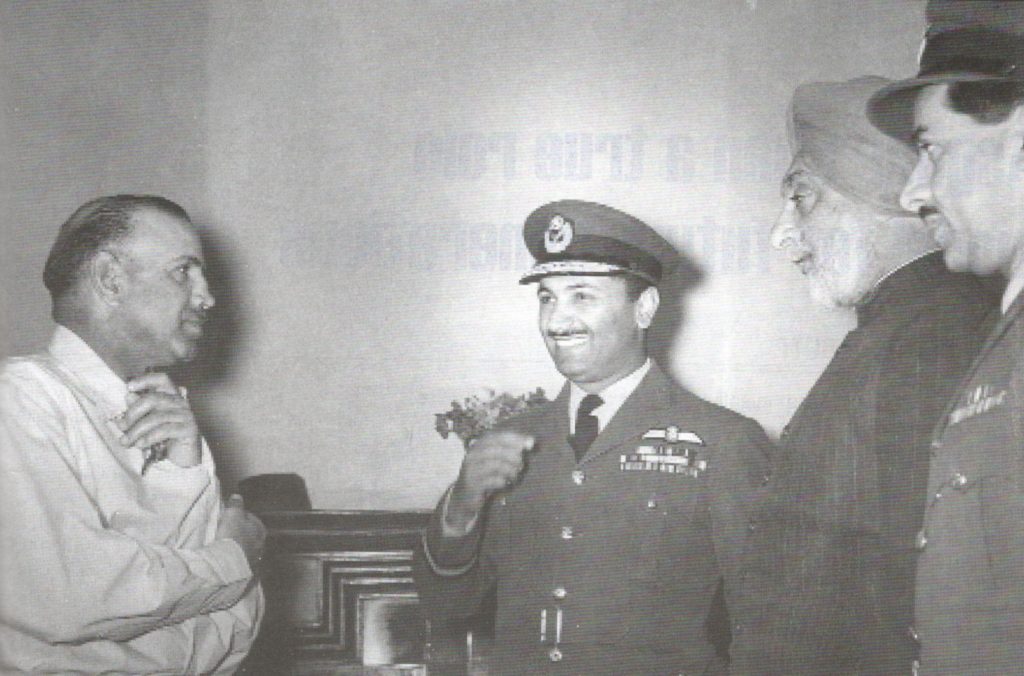
However, in 1977, the party gained significant momentum and participated with full force in 1977 parliamentary elections, although the party failed to grab any support in the public as com pared to democratic socialist, the Pakistan People’s Party (PPP).
He was designated a prisoner of conscience by the Amnesty International, and conferred with the Gold Medal by the Human Rights Commission, and Jinnah Award by the Jinnah Society for the cause of democracy.
After years of founding the I n d e p e n d e n c e Movement, Asghar Khan merged his party with Pakistan Tehreek-e lnsaf, led by cricketer-turned politician Imran Khan, in January 2012.
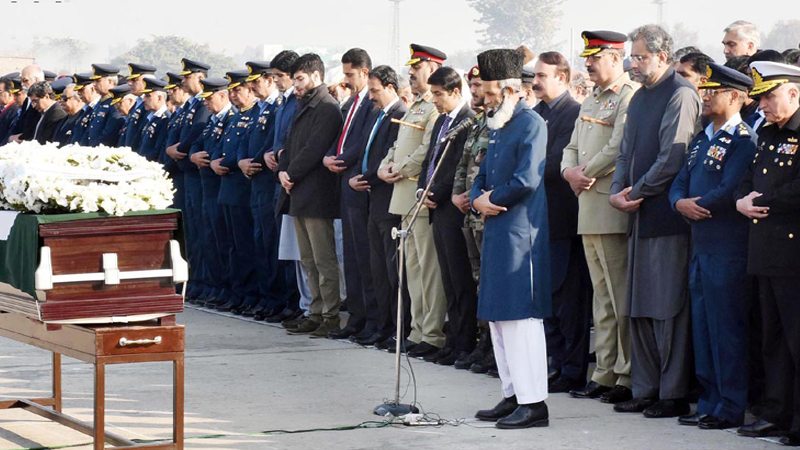
PM approves state funeral
Prime Minister Shahid Khaqan Abbasi approved state funeral for former Air Marshal Asghar Khan in recognition of his services for the nation, the PM Office announced Friday.
He approved state funeral in recognition of patriotic services and great contribution in building the Pakistan Air Force into one of the best air forces in the world.


